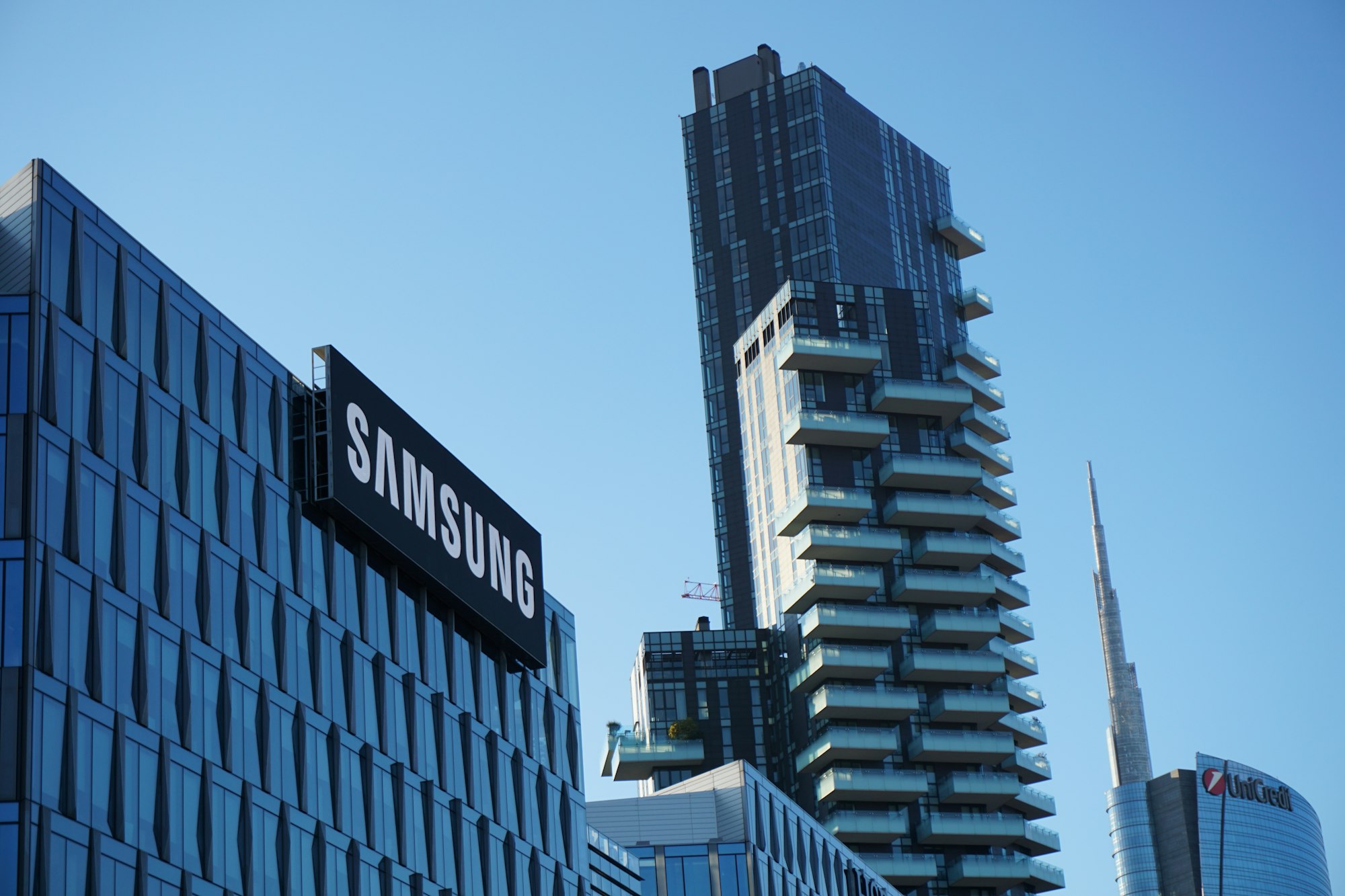Selling Its Apple Card Activities
Goldman Sachs is currently engaged in discussions regarding the potential transfer of its Apple credit card and high-yield savings account products to American Express. These talks come amidst a broader strategic shift by Goldman Sachs away from its consumer banking initiatives, which have faced significant challenges and garnered criticism directed at CEO David Solomon. Just last week, news outlets reported that the financial powerhouse is preparing for a substantial writedown related to its acquisition of fintech lender GreenSky in 2021.
- The Wall Street Journal initially broke the news about Goldman Sachs' discussions with American Express. The publication noted that there is no guarantee of a deal and that an agreement is not currently imminent.
- This potential move would mark a sudden change of direction for both companies, as the Journal had previously reported in October that Goldman Sachs and Apple had extended their partnership until 2029. Additionally, in April, Goldman Sachs Chief Financial Officer Denis Coleman had emphasized the deepening collaboration between the two organizations.
“This week, we announced the launch of a savings account for Apple Card users. We are excited to deepen our partnership with Apple through this additional offering and to introduce another source of deposit funding for the firm,” Coleman had stated at the time.
GreenSky Mess
Goldman Sachs is anticipated to incur a substantial write-down for its 2021 acquisition of fintech lender GreenSky after attempting to divest the business. The bids received for the installment loan business have fallen considerably short of Goldman's initial expectations, the sources revealed. The sale process has highlighted the challenges faced by the bank, including mounting losses and dysfunction within its consumer division, prompting a strategic shift and the decision to sell the business.
- Among the asset managers and lenders participating in the initial round of bids, which commenced in early June, were KKR, Apollo Global Management, Sixth Street Partners, Warburg Pincus, and Synchrony Bank
- Goldman Sachs is currently engaged in negotiations with a smaller group of bidders this week in an attempt to enhance the final price
The process for the sale of GreenSky involves separate offers for the loan origination business and its existing loan portfolio, as well as the possibility of a combined deal, as stated by individuals familiar with the matter.
A Fire Sale
One bidder assessed the value of the origination platform at approximately $300 million, while another estimated it to be closer to $500 million. Should a deal be reached at a valuation anywhere near these figures, it would signify a significant discount compared to the initial purchase price, resulting in a write-down that would impact Goldman Sachs' financials in an upcoming quarter.
- Although the acquisition was initially valued at $2.24 billion when announced, it had depreciated to approximately $1.7 billion by the time the transaction was completed six months later, according to one of the sources with knowledge of the situation.
- Goldman President John Waldron acknowledged the potential impact of the GreenSky sale on the bank's results, referring to the potential write-down of $500 million associated with the acquisition and the possibility of additional accounting hits resulting from the sale of loans, during a conference with analysts on June 1.
This turbulence represents the latest consequence of CEO David Solomon's decision to exit most of Goldman's consumer initiatives after advocating strongly for transforming the bank into a fintech disruptor.
Disclaimer
Please note that this article does not constitute investment advice in any form. This article is not a research report and is not intended to serve as the basis for any investment decision. All investments involve risk and the past performance of a security or financial product does not guarantee future returns. Investors have to conduct their own research before conducting any transaction. There is always the risk of losing parts or all of your money when you invest in securities or other financial products. Please note that the writer of this article is not registered as a financial advisor.
Credits
Photo by Jordan Merrick / Unsplash






